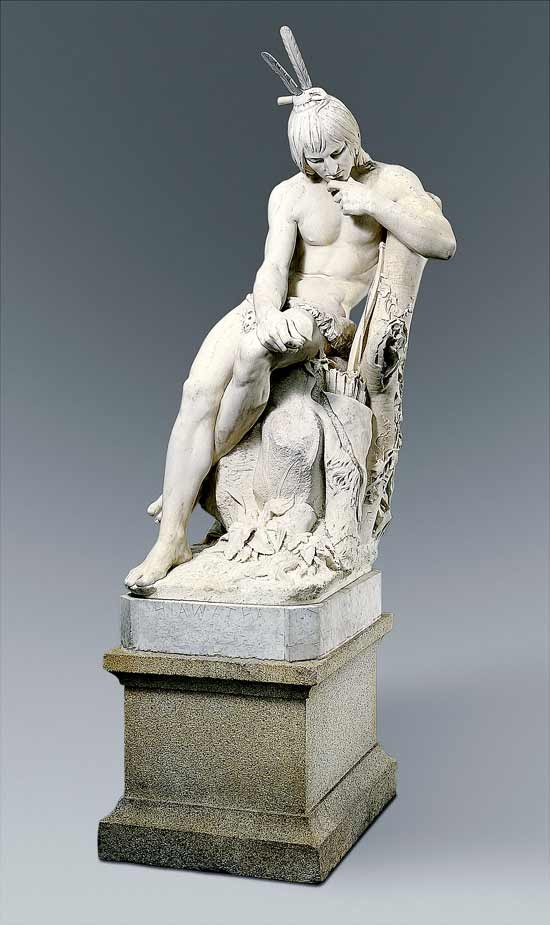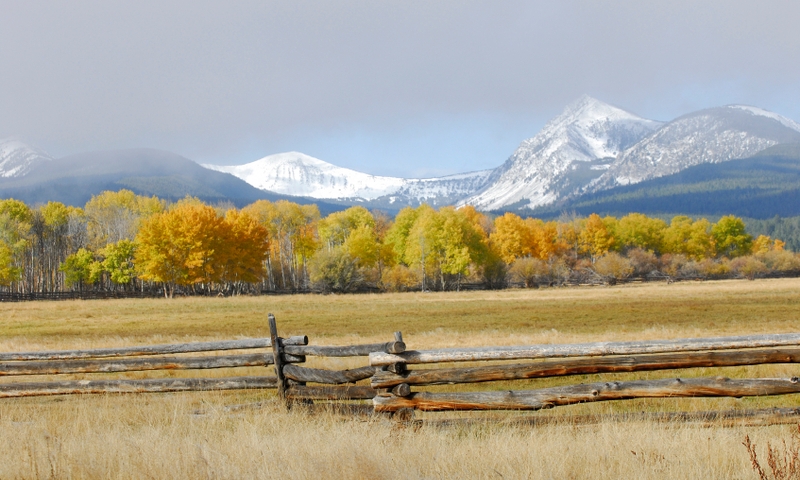
When I was about seven years old, our family was quite impoverished. It was a few days before Christmas, and my father was out of work, ostensibly searching for a job. We didn’t have enough money for Christmas dinner or presents for my brother and me. One day, the doorbell rang, and when my mom answered it, a young woman stood there, smiling. She announced that the members of the Parish church had decided that we were the most destitute family in the Parish. She then happily presented us with a large turkey, baskets of food, and presents for my brother and me.
I’ve always harbored resentment towards that woman. I could never forget the overwhelming humiliation I felt due to that small act of charity. Her smiling face often haunts my nightmares.
(“Don’t forget that most men with nothing would rather protect the possibility of becoming rich than face the reality of being poor.” – John Dickinson, “1776”)
Here in El Dorado Hills, it’s barely mid-February, and the trees are already beginning to blossom. The crocuses have bloomed, and the recent rains have brought a green hue to the formerly dun-colored hills.
These days, I spend about six hours a day reading. It’s become an addiction, not too different from alcoholism or gambling.
I’ve just finished reading a recent book about my favorite fictional repressed homoerotic couple, Dave Robicheaux and Clete Purcell, in “Light of the World” by James Lee Burke. I wish they would just admit their feelings for each other. It might reduce their reliance on violence, bloodshed, and alcohol.
This book finds our heroes in the Bitterroot Valley of Montana, enjoying a vacation on the ranch owned by their friend, a well-known author and environmental radical. They’re joined by Clete’s illegitimate daughter, who was sexually abused as a child and used to be a hitwoman called “Caruso,” operating out of Miami on behalf of the Cuban and Italian mobs. She finally killed her abuser and is now a documentary filmmaker. Dave has brought along his wife, an ex-Maryknoll nun who escaped the death squad massacres of nuns in Nicaragua and married Dave (Come to think of it, the death squads don’t seem much worse than being married to Robicheaux all his wives seem to die violently.). Also accompanying them is Dave’s adopted daughter Alafier, an orphan from El Salvador whom Dave rescued from the wreckage of a plane floating in the Gulf of Mexico. She attended Reed College and Stanford Law School, becoming an author, just like Burke’s real-life daughter of the same name.
In the early 70s, my son Jason and I used to spend a couple of weeks a year in the Bitterroot Valley with some friends. They lived in a small A-frame that stood alone in the middle of the valley, somewhere between Lolo and Hamilton, or perhaps south of Hamilton—I do not remember which. No other structures could be seen, only the valley’s flat grassy bottom with the mountains rising on each side. One winter, the valley floor was covered in snow, and we saw a herd of elk pawing at the snow in the front yard, searching for grass beneath. We watched them for hours, as if we were watching television or staring into an iPhone. Another time, during the spring, we visited a ranch that raised and trained rodeo ponies and spent the afternoon riding them among the spring wildflowers in the hills on the east side of the valley. Once, while hiking in the Bitterroot mountains, I got separated from my friend. He had Jason with him, and I had his two children, who were about the same age as Jason, with me. I am deathly afraid of bears, and my friend had told me that these mountains were filled with Grizzlies. I got lost and began to cry. The children led me by the hand back to the car.
Anyway, our heroes Dave, Clete, and their gang run amok among the mountains and valleys of western Montana in pursuit of a serial killer and an evil petroleum billionaire, leaving many dead and maimed bodies in their wake. As in most of the other books in which he appears, Clete gets romantically involved, and the woman inevitably leaves him.
After reading the sixteen quadrillion books Burke has written in this series, I have grown more fond of Clete. Dave could drop into a hole in the ground for all I care. Clete at least knows he is a screwed-up, violent alcoholic, while Dave is a member of a 12-step program, with all the preachy morality and self-importance that implies. (I liked him better when he was still a drunk.) Dave also hallucinates, which I think is a hangover from his past binges. I suspect even the author has finally recognized Dave’s deficiencies. He has one of the villains of the book, the son of the evil billionaire, say just before his head is blown off by a bullet from a rifle held by his illegitimate half-brother, a crazed ex-con who also has visions:
“We’ve researched every aspect of your life, Mr. Robicheaux. We have your psychiatric records, your pitiful statements about your dependency on your mother, your sexual history in Manila and Yokohama, the possibility of a homoerotic relationship with your friend, your constant complaints about all the injustices in the swamp you grew up in. The fact that you judge others for their mistakes has established new standards in hypocrisy.”
Burke, James Lee. “Light of the World: A Dave Robicheaux Novel” (p. 539). Simon & Schuster.
Pookie says, check it out.
HRM and his team, Mother Lode Rugby (Go you Mothers), played two games in Gridley, a remote town in the middle of ranch and orchard country in the northern Central Valley. They lost both games to different teams by the identical score of 60 to 5. I guess it shows some improvement.
Last week or so, I joined a local health club. So now, I have physical therapy two days a week and exercise at the health club about four days a week. That leaves one day a week free for me to refuse to get out of bed.
NEWS STRAIGHT OR SLIGHTLY BENT:
I have recently been informed by some of my correspondents in Thailand that the nature of the dispute causing the current demonstrations and turmoil in that country has shifted from simple politics to concerns about royal succession. The political issues have always revolved around the conflict between the culture of corruption among the ruling economic and political elite and the alleged corruption within the family of Thaksin the Terrible, the exiled former Prime Minister. Thaksin secured political power, it has been said, in return for programs that helped the country’s poor. It is now claimed by many that the conflict has shifted to the possibility that with the current King’s potential imminent demise, the throne will pass to his son. The son is rumored to be a puppet of Thaksin the Terrible. It is alleged that the Prince received substantial cash payments from the ex-Prime Minister’s family in exchange for his support and that he conspired to assassinate other members of the royal family who were competing for the throne. The leaders of the protest movement now insist that the demonstrations are not about political power but about preserving the monarchy. Why having a king or queen more amenable to their interests is





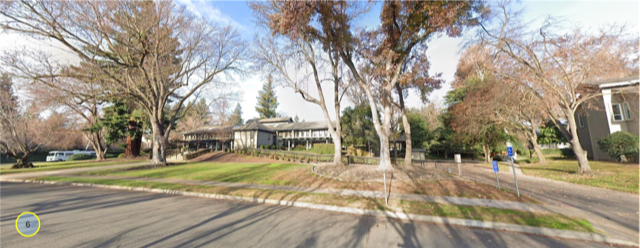

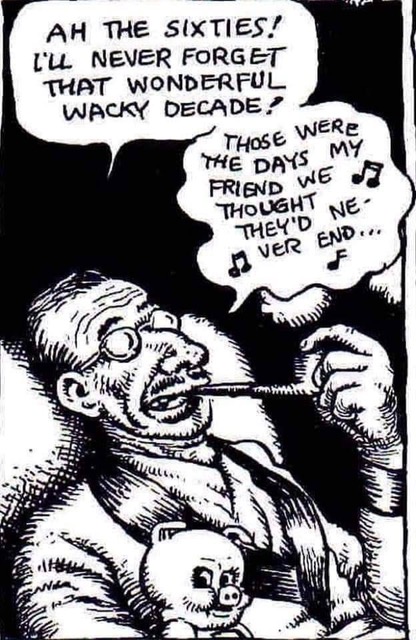


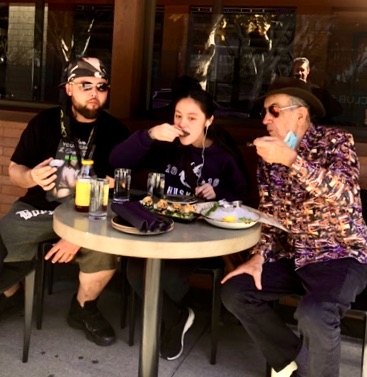

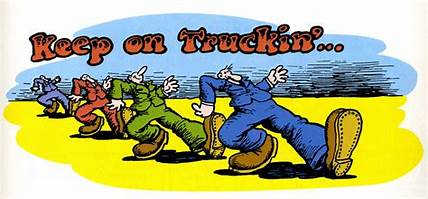
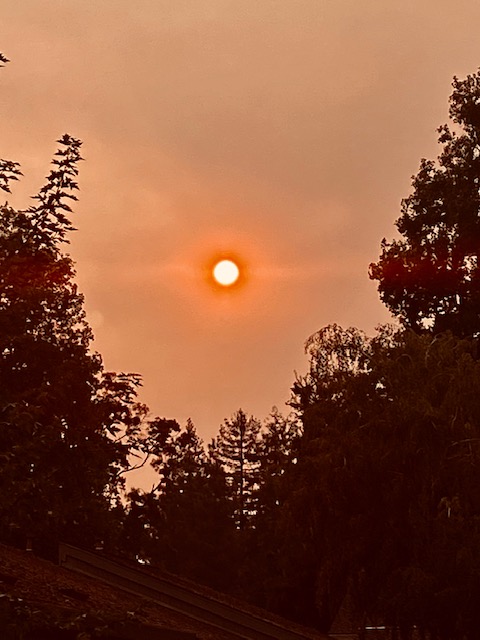

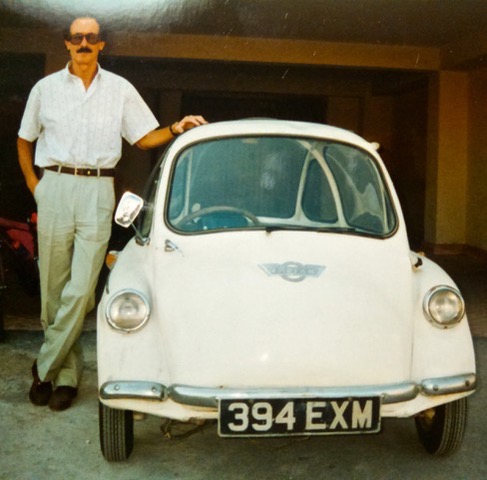


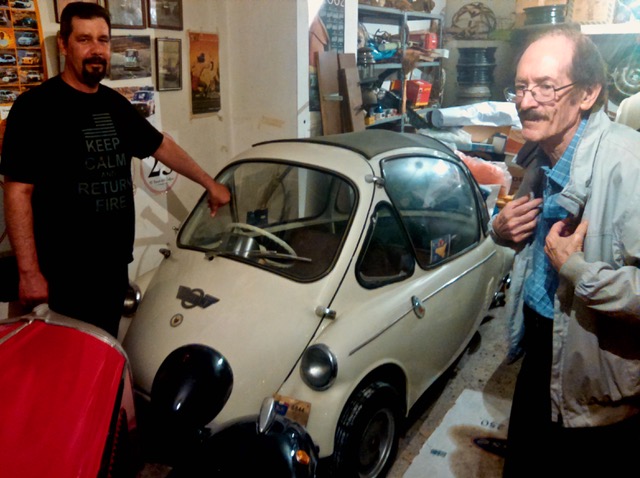

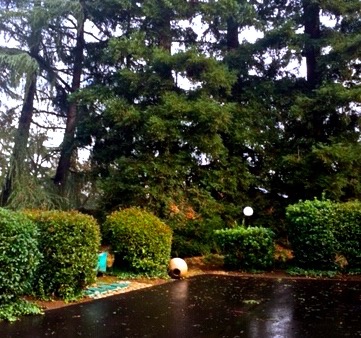
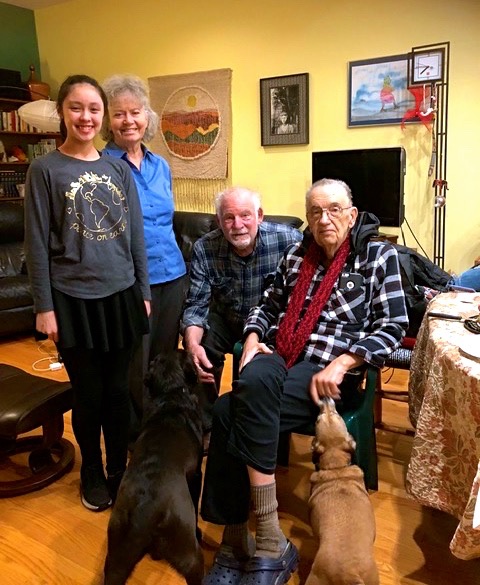
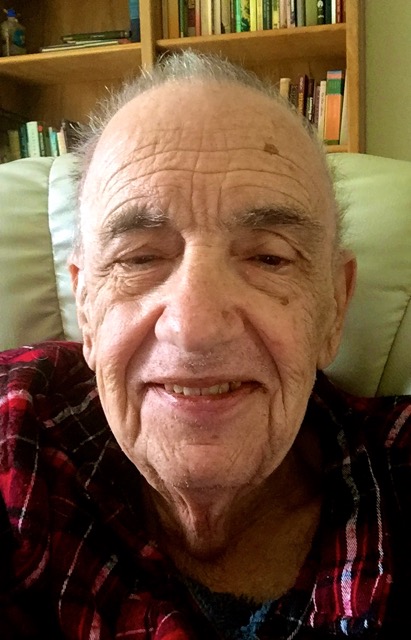
 Fly fishing is a wonderful thing. A friend of mine, Dennis Machida, a determined fisherman, took me fly fishing a few times. He tried to teach me how to do it. I liked it a lot, although I was not a very good student.
Fly fishing is a wonderful thing. A friend of mine, Dennis Machida, a determined fisherman, took me fly fishing a few times. He tried to teach me how to do it. I liked it a lot, although I was not a very good student.